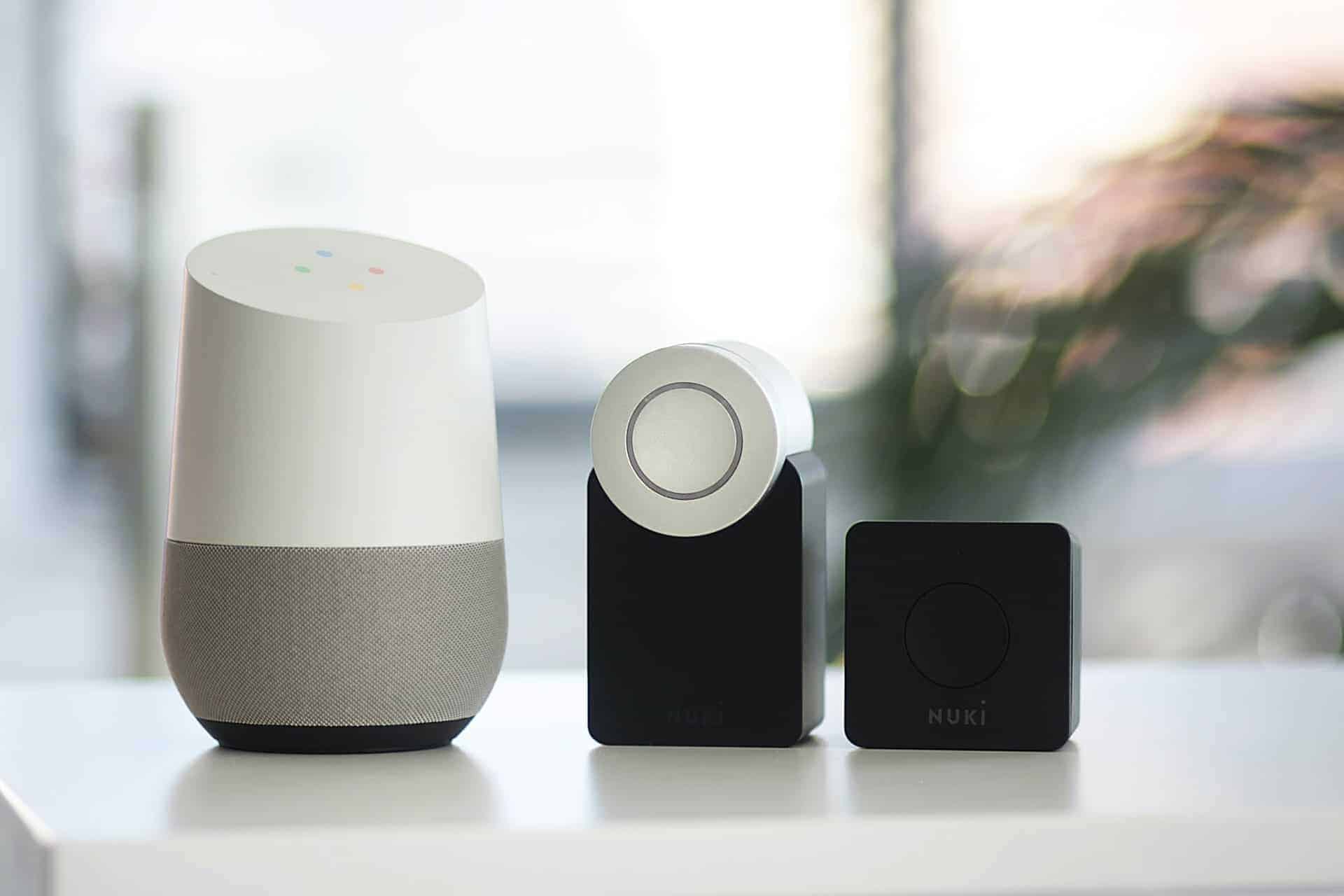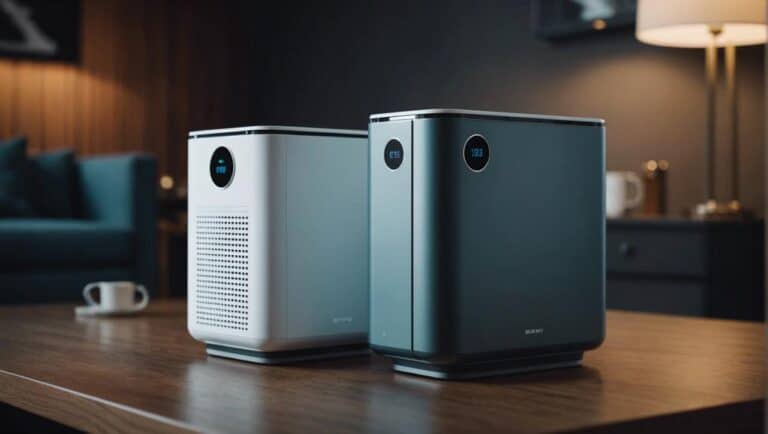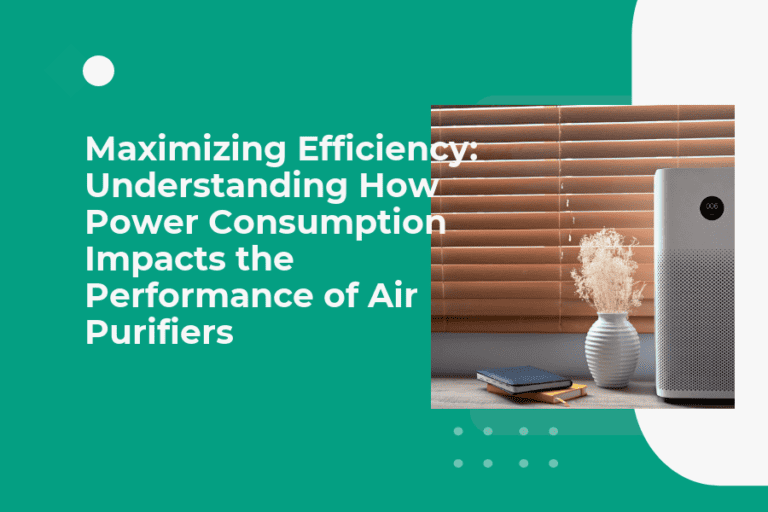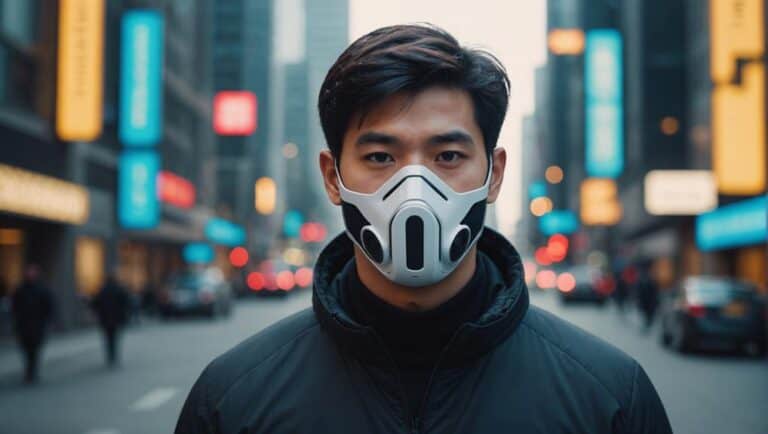Air Cleaners vs Air Purifiers: What’s the Difference?
A common question among people with allergies is what kind of air purifier to use. Do you need an air purifier or filter, or an air cleaner? Which one should I choose? If you want to find the answer to these questions, you need to read this article.
Air purifiers remove particles and contaminants from the air. Air filters are the same. They are designed to trap dust and other particles. An air cleaner is a device that helps to clean the air. It can be used in combination with an air purifier.
If you want to learn more about air purifiers and air cleaners, read on!
What is an Air Cleaner?
An air cleaner is the simplest and most common type of air purifier. It is a box-like device that contains a fan inside, which pulls air through a filter to remove contaminants from the air.
What is an Air Purifier?
An air purifier is a machine used to purify the air. It removes dust, pollen, pet dander, bacteria, fungi, smoke, gas, and other substances. It can also control air temperature and humidity.
The best air purifiers are very quiet and consume less energy than most air conditioners.
Can I use both an air purifier and humidifier together?
Because an air purifier and a humidifier both perform completely different functions, they can be used together in the same room.
However, you should ensure that their outputs are not directed at each other to avoid this kind of problem. Humidifiers often do best when placed on a low surface so that the mist they produce evaporates readily into the surrounding space.
If you place it above your HEPA filter (and assuming your unit has one), the output from your humidifier may saturate it with moisture, clogging or otherwise limiting its effectiveness.
On top of potentially decreasing the efficiency of your filtering system, moist filters also create ideal conditions for mold and mildew growth—something to avoid if at all possible!
Of course, placing these two devices right next to each other could result in them competing for limited floor space as well; finding enough unobstructed floor area for even one unit is difficult enough without adding another appliance nearby!
Should You Choose Air Cleaners or Air Purifiers?
Air cleaners and air purifiers are two terms that seem to be used interchangeably. But, in fact, the two products serve very different purposes. Air cleaners remove large particles from the air—including dust, pet dander, pollen and other allergens —by blowing them around with a fan and collecting them on a prefilter or permanent filter.
Air purifiers use filters to trap smaller particles as well as chemicals such as mold spores (which can lead to allergic reactions) and cigarette smoke (a major component of second-hand smoke).
They also contain an electronic element that produces ions that attach themselves to pollutants like viruses, bacteria and odors; when they do so they stick together so tightly they fall out of the air stream before it exits the machine’s exhaust vent into your home.
Which Technologies Actually Work To Clean My Air?
Dust mites are tiny creatures that live in mattresses, pillows, carpets and soft furniture. They feed on dead skin cells shed by humans and animals, which they collect from the air using bristles called setae.
While no one likes to think about it, dust mites poop a lot — up to 20 times their body weight every day! Their waste can trigger allergic reactions in people who are sensitive to it.
The best way to avoid problems with dust mite exposure is to keep your home clean by regularly vacuuming floors and removing dust-collecting clutter. A HEPA filter will also help; these filters capture microscopic allergens like pollen grains or pet dander before they enter your living space (though you should still make sure you clean out the vacuum bag).
Benefits of Installing Air Cleaners or Air Purifiers
Air cleaners and air purifiers are two different names for the same thing: devices that remove contaminants from indoor air. You might see them called “air cleaners” in a department store, while they’re often referred to as “air purifiers” by companies such as Sharper Image or House of Air.
All systems incorporate filters designed to catch dust, pollen, mold spores and other particles out of the air before it’s circulated around your home—and into your lungs. Both types of systems also can reduce the likelihood of catching many common illnesses in your home, such as colds or flu.
Because both work on similar principles, selecting one type over another is an individual choice based on preferences and budget constraints; but there are some differences worth considering when making your buying decision:
In addition to cleaning up particulate matter like smoke and dust from its surroundings (which may be beneficial for those with allergies), an air cleaner system includes components intended specifically to humidify dry indoor environments (like central heating and air conditioning systems).
Air cleaners do not, however, offer the same level of filtration as an air purifier. The difference is that while a filter can trap particles small enough to be easily seen with the naked eye, it’s also possible for these particles to get through and settle on your furniture or carpeting.
In contrast, an air purifier uses special technology (typically a combination of electrostatic filters and HEPA filters) intended specifically to remove larger particulates from indoor air.
In addition to removing dust and other large airborne particulate matter from your home environment (which may be beneficial for those with allergies), an air cleaner system includes components intended specifically to humidify dry indoor environments (like central heating and air conditioning systems).
Air cleaners do not, however, offer the same level of filtration as an air purifier.
Conclusion
In short, a HEPA filter will help reduce the possibility of allergens and molds getting into your home, but it won’t provide the same level of cleaning power as an air purifier.
In contrast, an air purifier will help remove some airborne contaminants from your home like dust and smoke particles, but it won’t work against viruses or mold spores.






